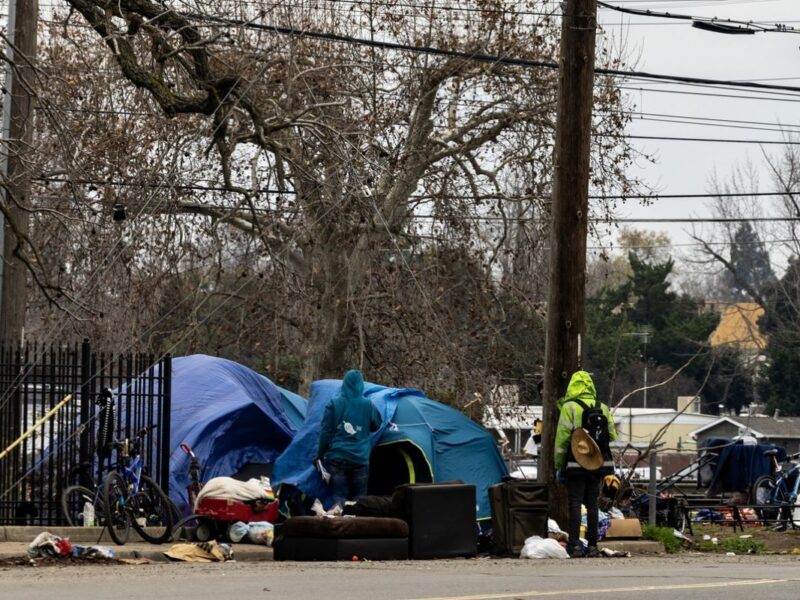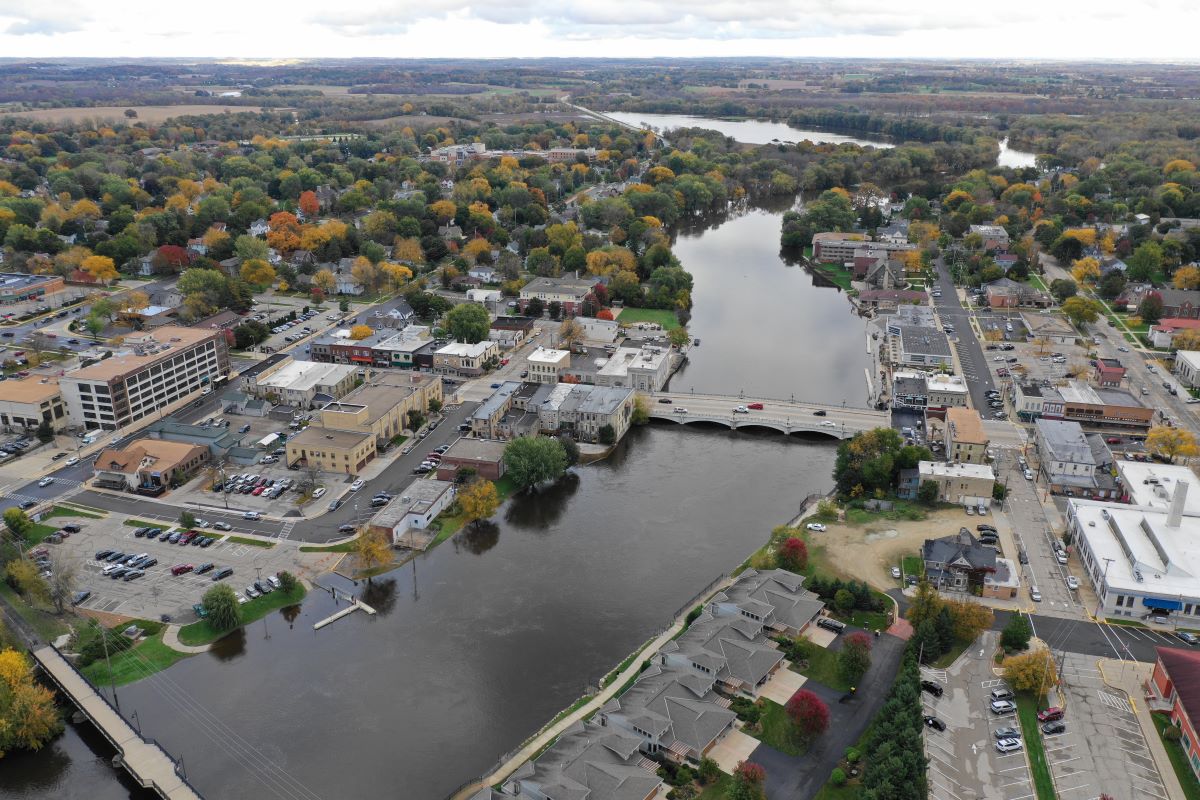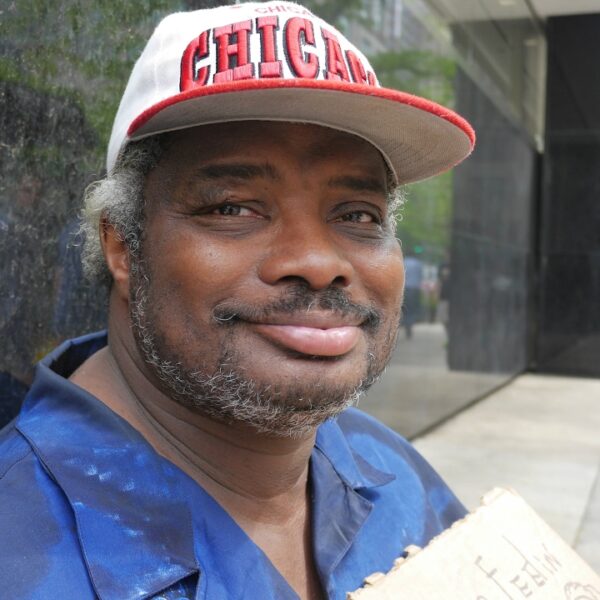Creativity and Community Care on Display in Small-Town Wisconsin
Hospitals are a powerful force for health and wellness in many communities. They provide emergency life-saving care and engage with community members through various programs designed to increase the overall level of health in the local area. However, these programs can be a bit hit or miss and often overlook the needs of people outside the targeted demographic.
Unhoused people often have complicated relationships with hospitals and healthcare in general. Whether it’s struggling to be taken seriously (or even be seen at all) or juggling a doctor’s recommended course of treatment with the realities of everyday life without housing, very few healthcare providers understand how much of a negative impact homelessness can have on a person’s health.
In Fort Atkinson, Wisconsin, a local hospital is taking an unconventional step to improve the health of its most vulnerable neighbors- providing them with housing.
A Collaboration Between Neighbors
Fort Healthcare is the hospital that partnered with the Homeless Coalition of Fort Atkinson to provide two homes that will be used as transitional housing for local homeless families. The hospital had to make a decision when it wanted to expand its campus into some adjacent lots containing single-family homes owned by Fort Healthcare.
In the time between applying for these lots to be rezoned to allow for this expansion and breaking ground on the project, the hospital allowed these houses to be used by the Homeless Coalition of Fort Atkinson to house local families in need of housing and support.
The lack of affordable housing in the area was something that hospital staff had noticed as a key factor in the local community’s health, and now they had the opportunity to do something about it.
Relocation Instead of Demolition
Although it would have been financially more affordable to simply demolish the houses where they stood once the rezoning process was completed, the hospital instead opted to relocate the homes to another one of their vacant lots, selling ownership of the homes and lots over to the coalition for nothing more than the cost of the relocation.
Local contractors pitched in to complete necessary repairs at cost, and volunteers raised funds and donated time to prepare the houses for relocation and complete landscaping projects once the houses were in place. The entire community rallied around this project once the ball was rolling.
This partnership was possible only because hospital leadership was tuned in to the needs of its local community and committed to being a good neighbor.
Without the base level understanding of housing status as a social determinant of health and the recognition that they had an opportunity to directly affect that positively with a little bit of out-of-the-box thinking, this would have played out like any other expansion project and ended with two fewer houses available amid an ongoing housing crisis.
But once you see how not having access to shelter can impact a person’s overall health, it becomes very hard to ignore.
From the chronic stress of living without easy access to basic necessities to the simple fact that a lot of healthcare procedures and surgeries simply have to be put off until “later” when you don’t have anywhere safe to recover from them, homelessness is extremely taxing on a person’s health.
So much of recovery hinges on being able to rest and rest well. That’s a luxury rarely afforded to people who can’t afford to pay for a place to call their own. And that’s without the added risk of being exposed to the elements, targeted violence, injuries caused by unwalkable cities, and the ongoing pandemic.
The hospital was highly receptive to the coalition’s needs every step of the way and committed to their shared vision, even when it proved necessary to pivot and pitch in a little more financing than initially expected. We need to see more of this kind of flexibility, creativity, and commitment as we all combat the affordable housing crisis in any way we can.
What Can We Take From This?
I like this story because it demonstrates that a little generosity and imagination can actually go a long way.
A lot of us feel like the magnitude of homelessness and the affordable housing crisis is so vast that anything we can do would be a drop in the bucket. And on the whole, two transitional houses will not change the world. But they will for two families.
Maybe you can find an opportunity in your neighborhood to house two more families, and your story will inspire someone else to house two more. It can grow like that until our politicians finally catch on that they need to catch up with the system of mutual aid that we’re building so they don’t get left behind.
Keep an eye out for out-of-the-box opportunities in your area. Reaching out to corporations before demolishing buildings may seem like a long shot, but as we’ve seen in Wisconsin, it sometimes works. Even if the company isn’t a community-focused nonprofit hospital, a little good PR might incentivize them to take a small financial hit. You never know unless you ask.
I love to see people getting creative about providing high-quality, safe, and stable housing to people who need it. I wonder how many more ways we can come up with to move toward this goal. I’ll be watching for more stories of unexpected wins and shifting my lens to how affordable housing can be achieved, preserved, or created in my community. I hope you do the same.













